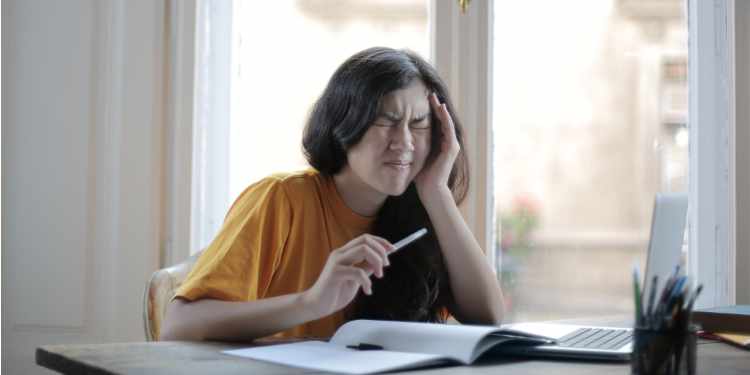











As reported in the American Journal of Psychiatry, researchers have just uncovered two clusters of depressive symptoms which can respond to a specific treatment protocol. These comprise giving two different types of treatment, while patients receive TMS (transcranial magnetic brain stimulation).

These findings have empowered scientists to discover more about the aspects of our brain’s circuitry which underlie specific depressive symptoms. Moreover, this discovery could lead to personalized TMS therapy for patients who are depressed, as well as for individuals suffering from other neurological or psychiatric disorders.
In the US, statistics show that more than 17 million adults have battled with depression, and now with COVID-19 at the forefront of our lives, this figure is likely to rocket up even further. Research shows that depression affects people in various different ways, and diagnostic criteria incorporates “weight loss or weight gain, excessive sleeping or insomnia, inability to concentrate or obsessive rumination.”
The renowned BIDMC (Beth Israel Deaconess Medical Center) has now pinpointed these two depressive symptom clusters that can respond to treatment, so this could potentially pave the way for countless people to be treated. One of Harvard Medical School’s neuropsychiatrists and instructors, Shan H. Siddiqi, MD, stated, “We’ve known for over a century that different brain regions have different functions, and now we can finally translate this into symptom-specific treatment targets. We hope this discovery will help to usher in a new era of personalized medicine in psychiatry.”
The excellent point about TMS, is that it is not invasive, yet due to its powerful magnetic fields, it can change brain activity. In fact, back in 2008, it was approved for treating adults suffering from depression, if they had already received antidepressants which had not ameliorated their condition.
Studies indicate that regardless of the imprecision generated by TMS, this therapy is tolerated very well, and “has about a 50 to 60% success rate, higher than most antidepressant drugs.” Moreover, patients do not have to worry about the plethora of potential side-effects from pharmaceuticals.
Siddiqi and his fellow researchers mapped every participants’ transcranial magnetic brain stimulation site to match up with underlying brain circuits. They then made a comparison of the maps with total changes in the individuals’ depressive symptoms. The results showed two well-defined clusters of depressive symptoms, and responded better to a different TMS target. “One cluster included symptoms such as sadness, decreased interest, and suicidality, while a smaller cluster included symptoms such as irritability, sexual disinterest and insomnia.” All very common symptoms of 21st century living.
After this, for the purpose of validation, the researchers utilized the cluster maps so they could anticipate clinical improvement in a separate set of participants, as accurately as possible. Their findings are on a par with other studies which identify different symptom clusters (biotypes), of those suffering from depression.